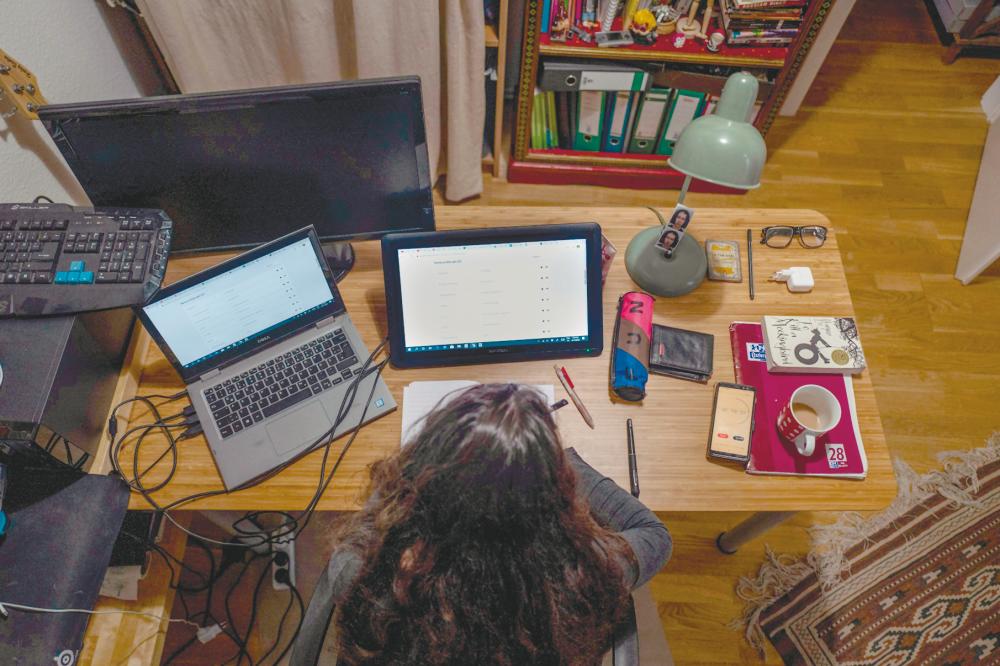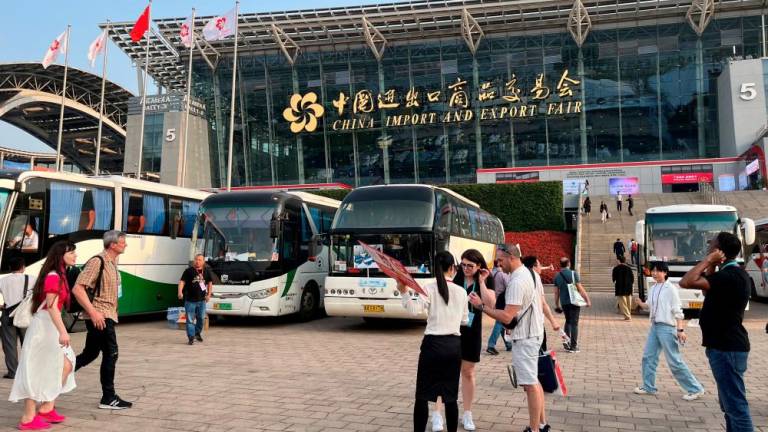WE’RE NOT over the coronavirus pandemic yet, and there’s no saying when we’ll turn the corner. It’s already certain, however, that many old norms will change. Some changes are already upon us, others will yet come. Some may be transient, others more permanent.
What can we expect by way of influences and changes to corporate values, ethics and conduct?
While it’s tempting to pin most changes to being consequences of new ways of working such as remote work from home and videoconferencing, the reality is that the pandemic has affected most aspects of life.
Consider the greater expectations on individuals showing unwell symptoms to voluntarily stay away from others, in public as well as at the workplace. Will each employee also carry a responsibility to call out a co-worker with symptoms who does not voluntarily stay away?
Setting up a policing environment is not going to be the best answer, and corporates should instead consider how these responsibilities can be fostered effectively, building upon mutual trust and respect, a sense of social responsibility and doing the right thing.
New expectations of conduct while working remotely from home are evolving. There may be less need for office-type rules, but some expectations about employees’ home work spaces may be justified. These could involve matters like safety, basic appearance, noise levels, dress code, sustainable practices, and on-screen presence. But how much influence can corporates have over employees’ home work spaces without being unreasonably invasive? And what if space constraints at home pose an inherent limitation to meeting some expectations?
Will employees working continually over sustained periods of time have as strong a sense of identity with the organisation? Could a reduced pull to the centre weaken the link to organisational purpose and values? Could teaming as an ethos be strained in these settings?
Deliberate efforts will be required to foster interactions between employees beyond just email, and to continually inspire upholding the organisation’s purpose and its values even from remote settings.
Working extended hours continually from home may be an easy adaptation for some, but a challenge for others. Should the organisation accommodate flexibility in working hours as long as the work gets done timely? And do employers have a responsibility for compensating employees for home space and infrastructure such as broadband, printers and printing paper used at home?
Many internal control processes and procedures historically evolved around doers, checkers, reviewers and approvers interacting in person or within physical proximity, and with physical documentation. Furthermore, operational resilience frameworks have traditionally identified possible single points of failure for which mitigating controls were designed. Some interactions at proximity could be lost, and multiple or repetitive possible points of failure could result from a remote work environment.
Should designing multiple additional compensating controls be the response? Could that place a burden on employees, and feel like a distraction from productivity? What additive costs will stack up?
Confidentiality and privacy norms may pose a different set of challenges, and corporates will need to consider whether their traditional controls and monitoring mechanisms may be compromised if the work force is substantially remote. Inspecting and auditing these controls were challenging enough in physical environments, so how will these operate in remote work environments?
Client and customer interactions may also see a shift to less in-person and more remote styles. Deep discussions may be challenging if conducted remotely, the corporate lunch may be less desired, and group activities will not feel the same on Zoom or Teams. Absent traditional styles of interaction, corporates will need to pivot to new strategies for building and strengthening these relationships – and formulate activities that will be acceptable and those that won’t be in the future.
While corporates deal with some of their own challenges, a cast of others in their supply chains will be dealing with similar challenges themselves. Will their responses sync up, or will the efforts of each need to be multipronged to deal with parties two or three degrees apart? Whose rules will trump in interactions? How resilient will these other parties be in this new set of circumstances, and should corporates diversify across their supply chains to dissipate their risks?
Many organisations have cultivated the precept of “see-something-say-something” as an integral component of encouraging appropriate behaviours or calling out those that are inappropriate, including through whistleblowing. What would compensate for the diminished opportunity to ‘’see something’’ in a remote working environment?
While work flows, processes and procedures may need to be redesigned, organisations will also need to put their minds to the effects of these changes on the conduct of their people.
Statements of corporate values should be reassessed to align with new ways of work and expectations of ethical behaviour, relationships and responsibilities.
Corporates would do well to take on the challenges of articulating the place of the organisation and its people in their immediate community and beyond. Codes of conduct should be reviewed to reflect expectations not only of employees but of the corporate itself. There is a unique opportunity to reframe and refresh what the organisation stands for, its purpose, culture and trust proposition in society, the role of its people in its story, and expectations of ethical behaviour and responsible conduct.
This article was contributed by MICPA member, independent director and former EY global head of risk management Sukanta Dutt.
Working extended hours continually from home may be an easy adaptation for some, but a challenge for others. Picture for represenational purposes only. – AFPPIX













